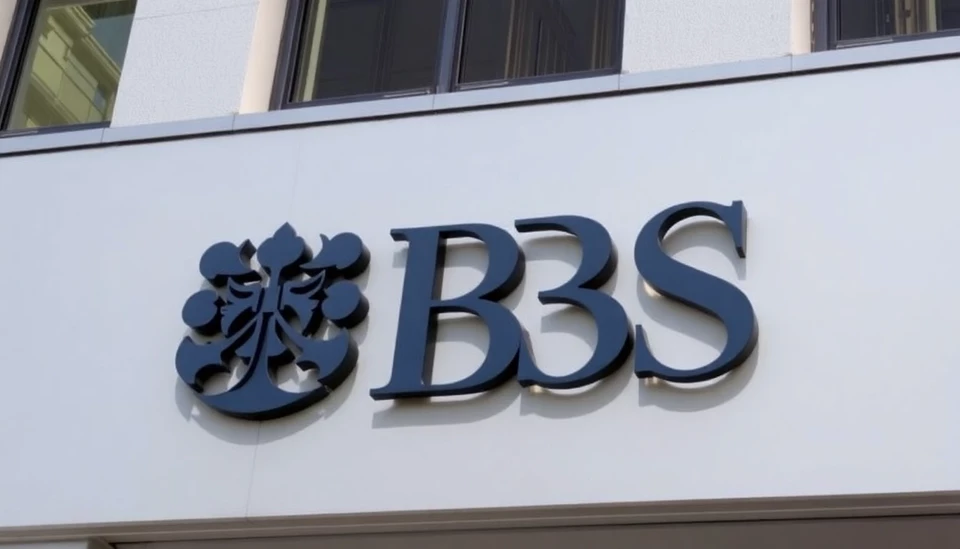
In a significant development in the financial sector, UBS Group AG has successfully adapted to tougher trading regulations implemented in Switzerland, while many of its international counterparts have opted to postpone compliance with similar rules. This strategic shift places UBS ahead in the competitive landscape of banking and finance, highlighting the firm’s commitment to regulatory adherence and operational excellence.
Starting February 2025, the Swiss Financial Market Supervisory Authority (FINMA) introduced a series of stringent trading rules aimed at enhancing market transparency and strengthening investor protection. These new regulations necessitate greater accountability from institutions operating within Swiss borders, including enhanced reporting practices and stricter trading conduct.
UBS has swiftly embraced these changes, consolidating its reputation as a forward-thinking leader in the banking industry. The firm’s readiness to comply with these evolving standards reflects not only its regulatory foresight but also a deep understanding of the modern financial landscape, where transparency and integrity are pivotal. UBS's compliance team has worked diligently to overhaul existing processes and systems to align with the new rules, ensuring a seamless transition.
On the contrary, several major global banks, including American and European institutions, are reportedly delaying the implementation of comparable trading regulations in their respective jurisdictions. This reluctance could be attributed to the complex framework of international finance they operate within, where regulatory environments can differ significantly from one region to another. As these banks assess the potential impacts of the regulations, their hesitance might lead to competitive disadvantages in an increasingly regulated global market.
Analysts speculate that UBS's proactive approach could set a benchmark for best practices in compliance, potentially pushing other banks to follow suit as the global landscape evolves. The longer these institutions wait, the greater the risk that they will fall behind in key areas such as market integrity and investor confidence.
Furthermore, UBS's adaptability highlights a broader trend within the financial services sector, where regulatory changes are becoming more frequent and demanding. With the increasing emphasis on ethical banking and sustainable practices, institutions that fail to embrace these changes may find it challenging to maintain their positions in the market.
As UBS continues to refine its operations in response to these new regulations, the firm is poised to leverage its significant market presence to attract investors who prioritize accountability and transparency. This strategic positioning can enhance UBS's growth potential and bolster its reputation as a reliable banking institution amidst evolving global challenges.
In conclusion, UBS's readiness to absorb the tougher trading rules imposed by Swiss authorities sets a notable precedent in the financial industry. As global competitors navigate their regulatory landscapes, UBS stands to benefit from its strategic foresight and regulatory compliance, potentially gaining a competitive edge in the financial market.
#UBS #SwissTradingRegulations #FinancialIntegrity #BankingLeadership #MarketTransparency
Author: John Harris




